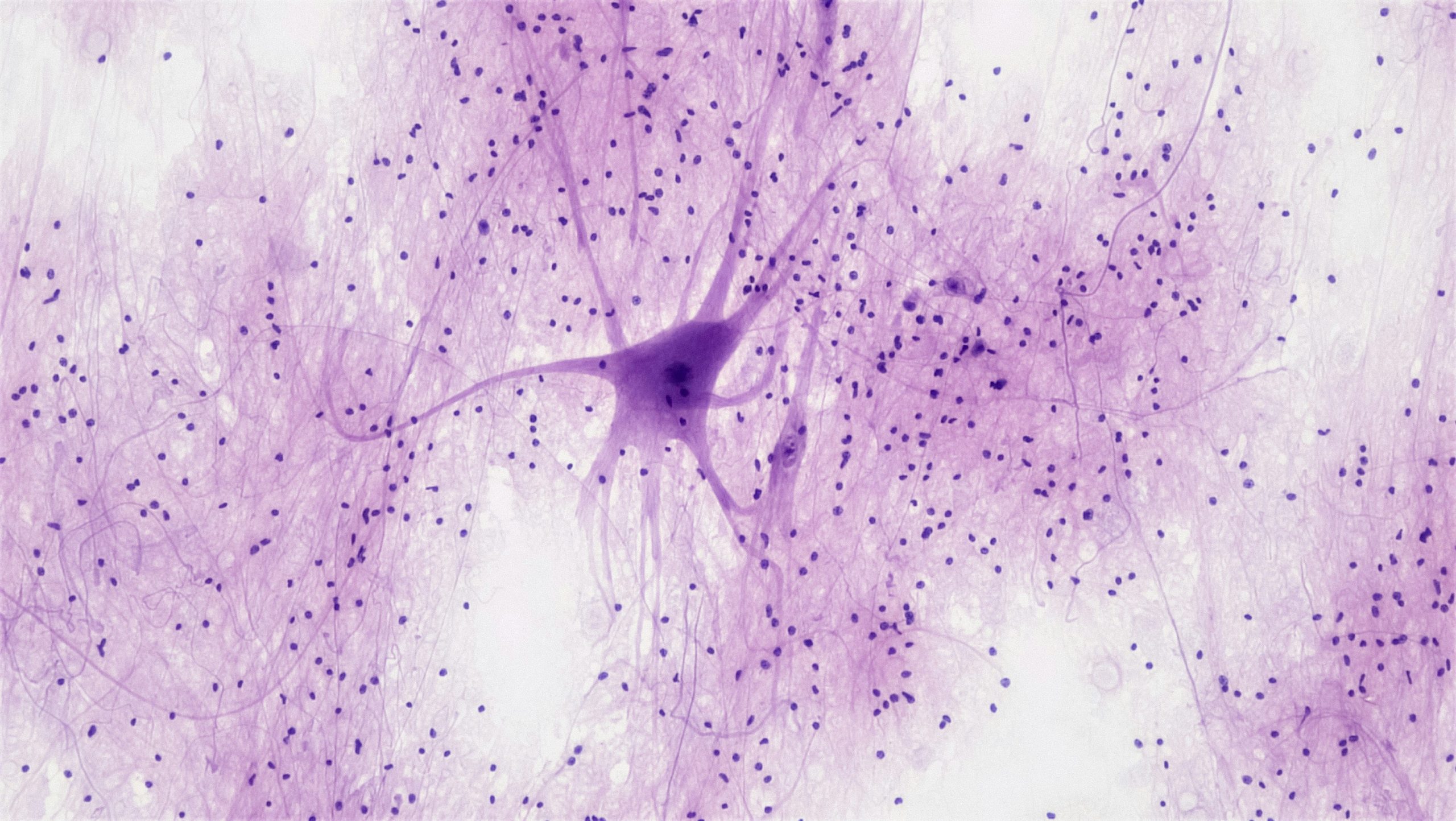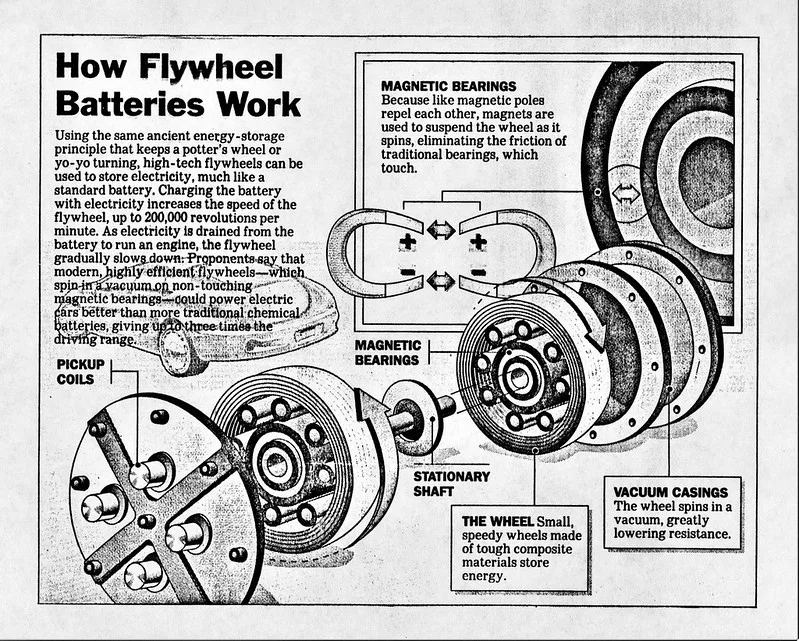Winner of the Hilary Term 2020 Schools’ Writing Competition
Louis Rush, Year 12, Yorkshire
To remain or to migrate is just another iteration of the fight or flight dilemma. Society is under stress, but we have protesters in our streets instead of adrenaline in our veins. By the next decade, we will certainly have to negotiate as a species: do we repair our evolutionary cradle or is it time to dispose of it?
Ultimately, to abandon our planet would just be another example of the disposable and ignorant mentality which has covered our eyes thus far, while we have continued to flail and destroy our environment. It would be painfully typical of us to evade our due reparations to the ecosystems we have destroyed, fauna we have decimated, and the atmosphere we have stagnated. There are ways we can nurse the earth back to stability, but only if we recognise that we need to take an active approach to do so. The problem is, we are electing politicians who cannot take the necessary blame. Many governments and companies would rather ridicule the figureheads of climate protests, ignore the severity of their involvement in CO2 emissions and the oil industry, and deflect the blame onto the public than admit that the air they are breathing or the ground they are standing on is slowly and softly rotting. Additionally, in terms of logistics, not all will migrate. Not only the inevitable loss of people will occur, but libraries, gardens, museums and sacred places, monuments and cemeteries will be lost too. When we reach a new planet – linguistically, culturally, and ethnically – we will have become homogenate of a society, we will have lost the diverse connections we have with the soils, sands and seas of the original earth and fundamentally, we will lose part of our identity as a species.
Foremost, acknowledging the involvement of humanity should be the primary response to tackling climate change and for this, although often it is criticised for not being a practical approach, is climate change activism. We need Greta Thunburg, we need Greenpeace, and we need Al gore. Awareness is equally as imperative as action, we need to be showing politicians and organisations that we have the passion and desire to make a difference. Secondarily, as individuals we need to be simultaneously making personal life improvements, such as becoming vegetarian and recycling, reducing, and reusing, as well as demanding large companies take responsibility and alter their protocols, such as refusing to ship to regions which would increase carbon emissions. And finally, we need to start introducing more scientists and activists into governments Only when passionate and educated people become part of the official government can constructive changes start to be implemented.
Contrastingly, it is important to acknowledge the potential benefits of moving to a new planet. Currently, a major aspect of the problems faced by people trying to make a difference is the presence of engrained systems that prevent the necessary rapid change required in this situation, such as the parliamentary process or lack of stable communication between all the countries of the planet. Migration would provide an opportunity to change these systems for the better, to change for the improvement of the species’ wellbeing, and to change to produce a more sustainable future. Fundamentally, the migration operation will be expensive and resource hungry and it would have to be decided if the right to migrate would be universal or whether it would have to be purchased or earned which is, of course, a moral quandary in itself. The crucial space travel technology would need to be advanced enough to transport people, equipment and housing to a suitable and accommodating planet, and potentially advanced enough terraforming technology to reproduce a hospitable planet.
In conclusion, I would say that it is integral that we maintain our humanity, our empathy and sensibility. Although an exodus to another plant can quickly be romanticised as a solution to the plethora of environmental issues, it would be a final betrayal of the planet we had bombarded with pollutants for centuries. These are the challenges we must consider before the end of the next decade.





